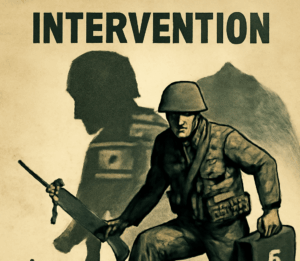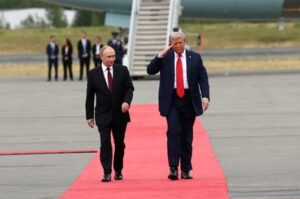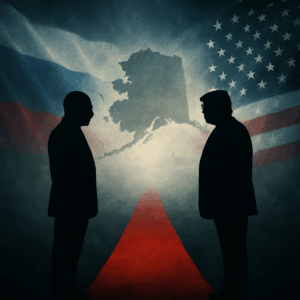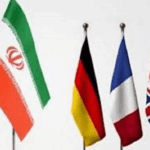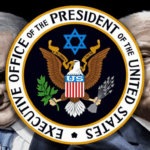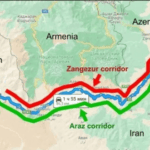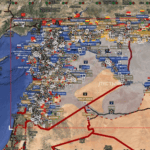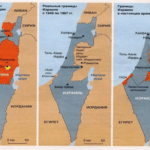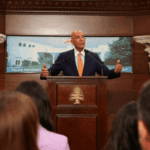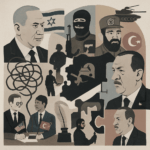Is Israel’s campaign against Barak repeating the Philip Habib experience?
U.S. presidential envoy Tom Barak began talks with senior Lebanese officials while burdened with the Syrian issue, which is becoming increasingly complex to manage. Will this reinforce expectations of declining U.S. interest in Lebanon? Or will it push Washington to intensify pressure to disarm Hezbollah? How will this affect Barak’s mission in Lebanon?
Different Pages: The U.S. and Israel in Syria
Observers of U.S. policy in Syria (and consequently Lebanon) note that Tel Aviv and Washington were clearly not aligned during the As-Suwayda events. Israeli propaganda vacillated between claims of "protecting the Druze" and demands for security arrangements with Assad's government - moves that could partition Syria.
Meanwhile, Washington, through Tom Barak, continues to insist on Syria’s unity, seeking a ceasefire in As-Suwayda through hostage exchanges and the delivery of humanitarian aid.
Netanyahu vs. Trump: Signs of Disagreement
The rift between Netanyahu and Trump became more evident after an Axios report quoted a White House official calling the Israeli PM’s actions «crazy» due to his bombings of Gaza and Damascus. Arab politicians in Washington highlight the following:
— Israel’s rejection of Trump’s rapprochement with Assad. The Israeli lobby views Assad as leading radical groups threatening Israel and promotes the partition of Syria.
— The Kurdish issue. Tel Aviv has long collaborated with Kurdish forces (SDF) to partition Syria. Barak tried unsuccessfully to persuade SDF leader Mazloum Abdi to integrate their forces into the Syrian army.
Barak and the Shadow of Philip Habib
Barak, like Habib in 1982 (also of Lebanese origin), has faced resistance from the Israeli lobby. Records of American diplomats show that Habib, while attempting to negotiate ceasefires and the withdrawal of Palestinian forces, encountered sabotage from an administration that then supported Israeli generals.
Last week, Barak asked Israel to stop bombing the Syrian army in As-Suwayda in exchange for protecting civilians. However, Netanyahu ordered an attack on Damascus the following day. There are signs that the Israeli lobby is pushing for Barak’s replacement.
Lebanon: A Secondary Arena?
With Barak’s return to Beirut, two key points must be considered:
1. Lebanon may become secondary for the U.S. amid the Syrian crisis. If Washington didn’t stop Netanyahu in Syria, how will it act against Hezbollah, which both Trump and Netanyahu consider an enemy?
2. Hezbollah sees the Syrian events as an excuse to postpone disarmament. Secretary-General Naim Qassem confirmed this shortly before Barak’s return. But such maneuvering could lead to a new catastrophe, similar to the 2006 Israeli war.
While Barak balances the Syrian crisis and Lebanese realities, Hezbollah exploits the situation to strengthen its position. But if Washington and Tel Aviv even partially coordinate, Lebanon could face renewed tension.
Walid Shukeir - Asas Media
All Russia

